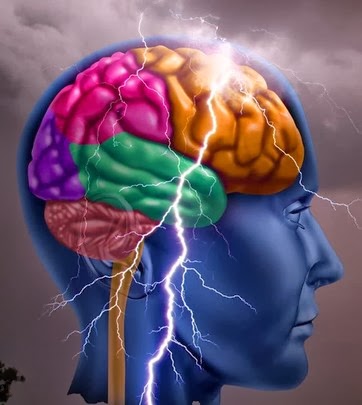The symptoms of anxiety cannot be compartmentalized into a
single diagnosis; there are a number of conditions for which anxiety may be one
of the symptoms. For this reason, when a person is experiencing symptoms such
as rapid heart rate, sweaty palms, or dizziness, their doctor will need to
investigate further to determine which form of anxiety is the cause.
For example, the doctor may ask in what setting the anxiety
symptoms tend to occur or if the patient uses any type of prescription
medication or illicit drugs. The doctor will also probably gather information
about any traumatic events the patient has experienced in the past. With these
questions, and perhaps additional testing, the patient’s healthcare provider
can develop a diagnosis as to what type of anxiety is present.
Anxiety can take many forms. Here are five of the most commonly
diagnosed forms of anxiety.
·
Social
Phobia symptoms include an intense fear of being judged by others or of becoming
the center of attention. It can cause the patient to avoid social contact and
to worry incessantly about being humiliated weeks before a social occasion.
·
Post
Traumatic Stress Disorder (PTSD) is a form of anxiety that results from
traumatic events in the past. The symptoms of PTSD may not be displayed
immediately after the trauma, but the patient may later begin reliving the
event mentally, suffering from extended insomnia, withdrawing from everyday
life, or being easily startled. PTSD symptoms take different forms, but the
central factor of having lived through some form of trauma is a constant.
·
Obsessive-Compulsive
Disorder (OCD) is actually a
form of anxiety that causes a person to obsessively perform certain rituals
that can hamper their ability to work, be in relationships, and otherwise
function normally.
·
Generalized
Anxiety Disorder (GAD) is diagnosed when the patient reports feeling
largely anxious or fearful without an obvious cause. This overall feeling of
anxiety can keep the patient on edge, irritable, or overly emotional.
·
Panic
Disorder is present when the person reports severe attacks of anxiety that
appear without warning. The patient may have difficulty breathing, feel dizzy
or nauseous, have an accelerated pulse rate, or experience chest pains. These
episodes are usually not connected in any way to the person’s circumstances at
the time.
Treatment for anxiety depends upon which form the disorder
takes and also on the severity of the symptoms. The more details a patient can
furnish their doctor or therapist, the more accurate the diagnosis and the more
successful their treatment will be.




.jpg)






